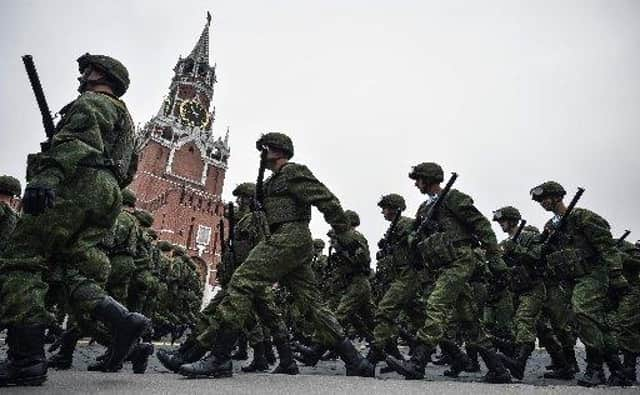Book review: The Dragons and the Snakes, by David Kilcullen


Westlessness’ (is ‘the West’ in decline?) is a topic being discussed at major conferences in today’s volatile international environment, and this new book from David Kilcullen is a vital contribution to these debates. It is an eye-opening and sobering read, but realistic and authoritative. As a soldier in the Australian army, Kilcullen was active in counter-insurgency and peacekeeping operations in East Timor and the Middle East, before being seconded to the US Department of Defense where between 2004 and 2008 he worked on counterterrorism policy with Secretary of State Condoleeza Rice and General David Petraeus.
He is, then, well connected, and takes his book’s title from the words of former CIA Director James Woolsey, who said at the end of the Cold War, “we have slain a large dragon, but we live now in a jungle filled with…poisonous snakes.” Killcullen shows how, in the 1990s, young soldiers who were trained for “state-on-state” warfare found themselves in complex operations such as those in Somalia, Sierra Leone and Kosovo, and after that in “wars of occupation” in Afghanistan and Iraq. America’s battlefield dominance is absolute, he shows, but quotes the observation of a Chinese air force general who describes US battle style as “attacking birds with golden bullets,” and a US bomber as “a mountain of gold, more costly than many of its targets.”
Advertisement
Hide AdThe snakes have learned to adapt their warfare and their systems to put the West on the back foot. Add to this the rapid development of the internet, wi-fi, mobile phones and social media, and you have warfare in which a small mortar team with a smartphone can use GPS to give their location and a compass app and inclinometer to adjust from a ranging shot. Their observer can use Google Earth to mark the shot and relay this to the mortar team thus enabling the launch of multiple rounds on target. The operation is faster and cheaper than one that could be mounted by conventional forces.
The book has superb sections on the development of groups such as al-Qaeda, Hezbollah and Islamic State and shows how groups like these can morph into new dragons with governance and infrastructures similar to those of nation states.
At the same time the “old” dragons are adapting and learning from the snakes. The Russian military was effectively hollowed out after the end of the Cold War but is now moving ahead with new weapons development and what Kilcullen terms “liminal warfare,” a blurring of politics, guerrilla tactics and electronic intelligence. He cites shenanigans on the Russian border with Norway, armed conflict on the border with Ukraine, and interference in UK and US elections through the covert manipulation of social media: a divided foe is a weakened foe.
The Chinese, too, are adapting. The People’s Liberation Army has contracted but is now more specialised and better equipped, as is the air force. China’s navy is expanding and increasingly active in the Pacific and Indian Oceans, constructing airstrips, docks and barracks on uninhabited islands in the South China Sea. Kilcullen introduces a new term to illustrate Chinese strategy, “conceptual envelopment,” which as well as these unsinkable aircraft carriers includes exploiting the open global market, owning the majority of rare earth mines in Africa and buying hotels adjacent to Western naval facilities with the potential for visual and electronic monitoring.
Flexible adaptation in the West to counter these developments by adversaries is possible, Kilcullen suggests, but it requires thinking far beyond the previous generation’s battlefield focus. Focusing on our internal strengths would be a start, along with reducing our need for Middle Eastern oil and Russian gas.
Since the 1990s, he notes that as a private investor the astute James Woolsey has put his money into solar power, alternative energy, and technology to protect the electrical grid against cyber attack.
The Dragons and the Snakes, By David Kilcullen, Hurst & Company, 336pp, £20